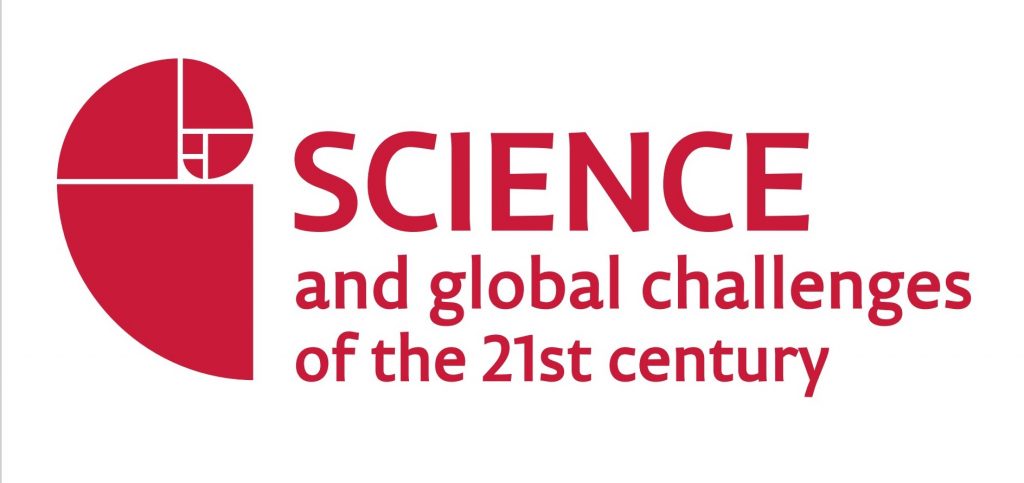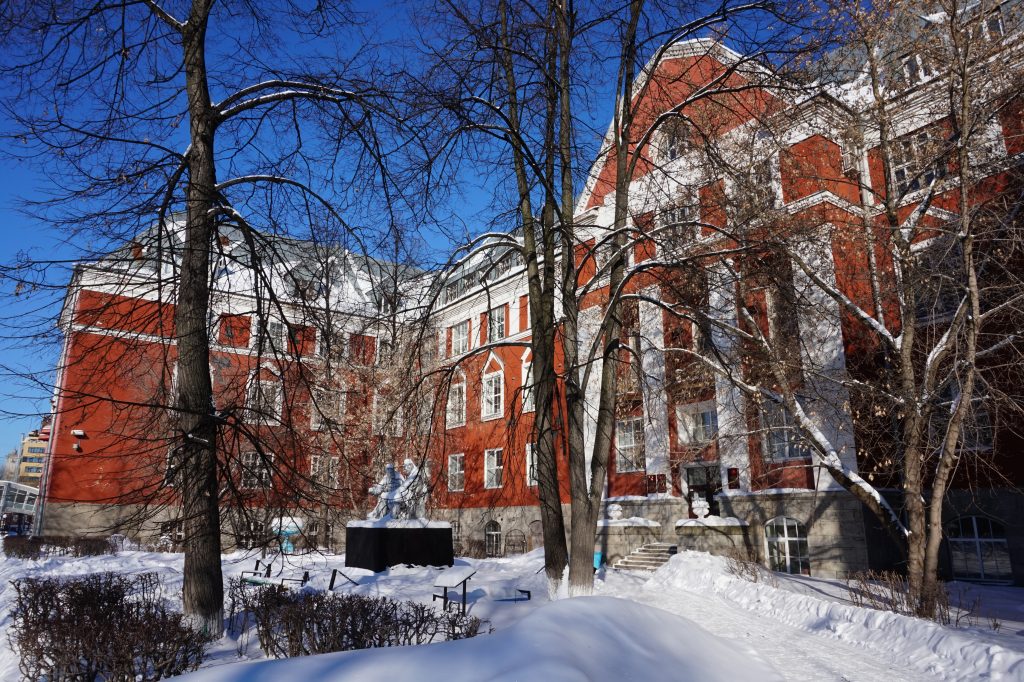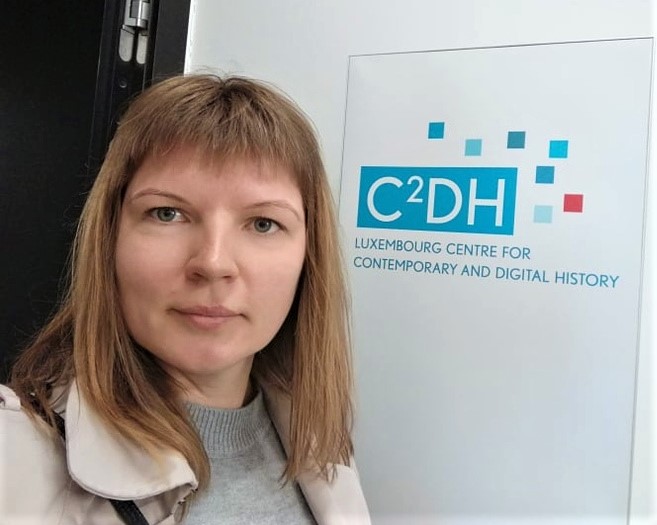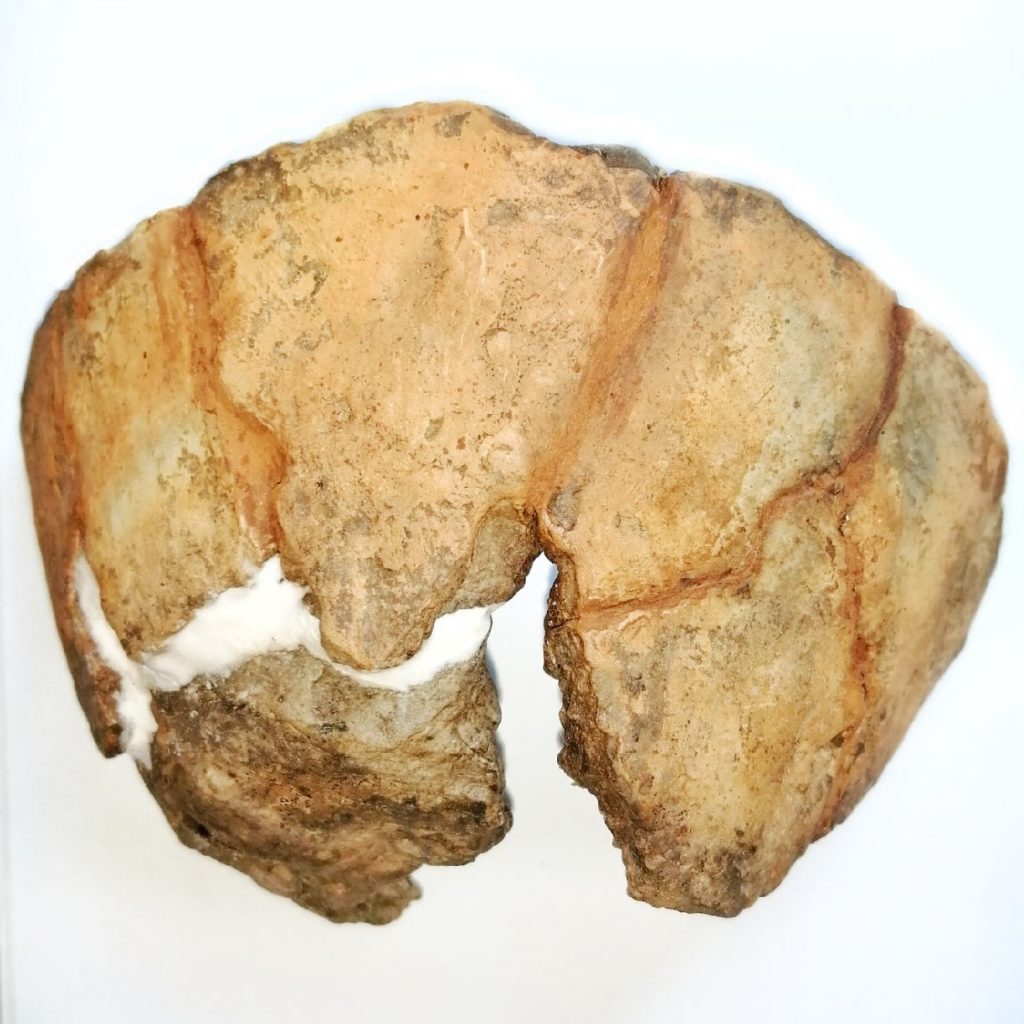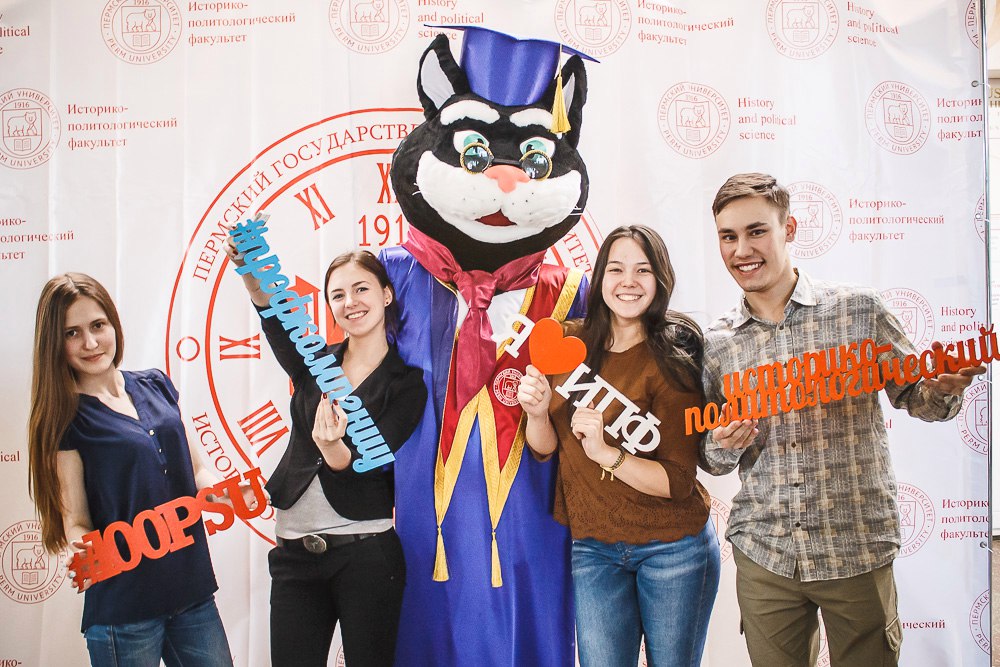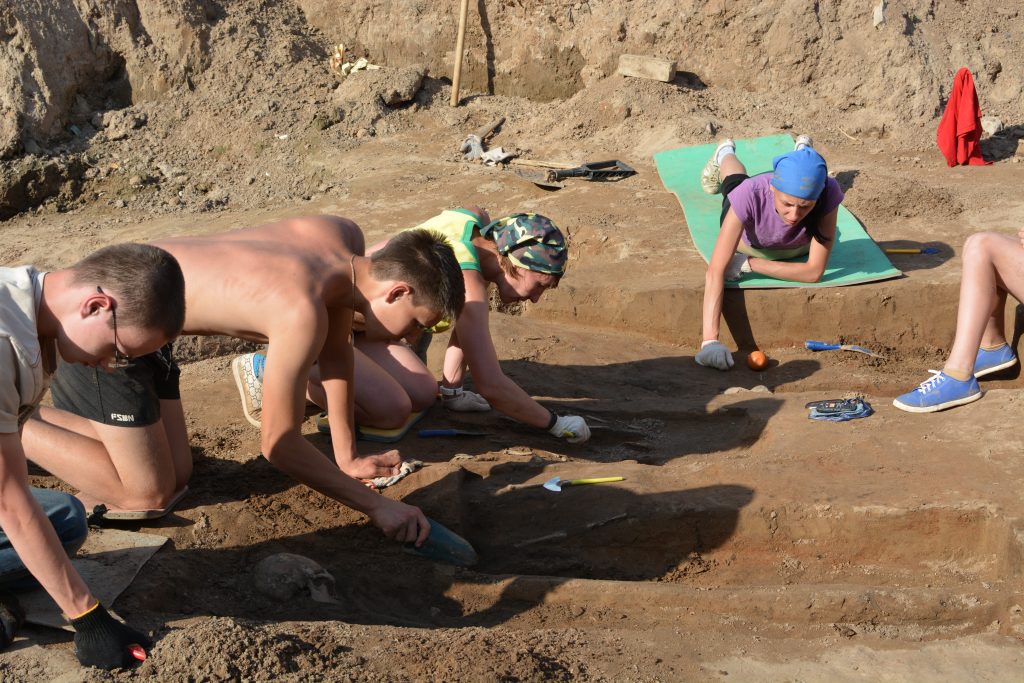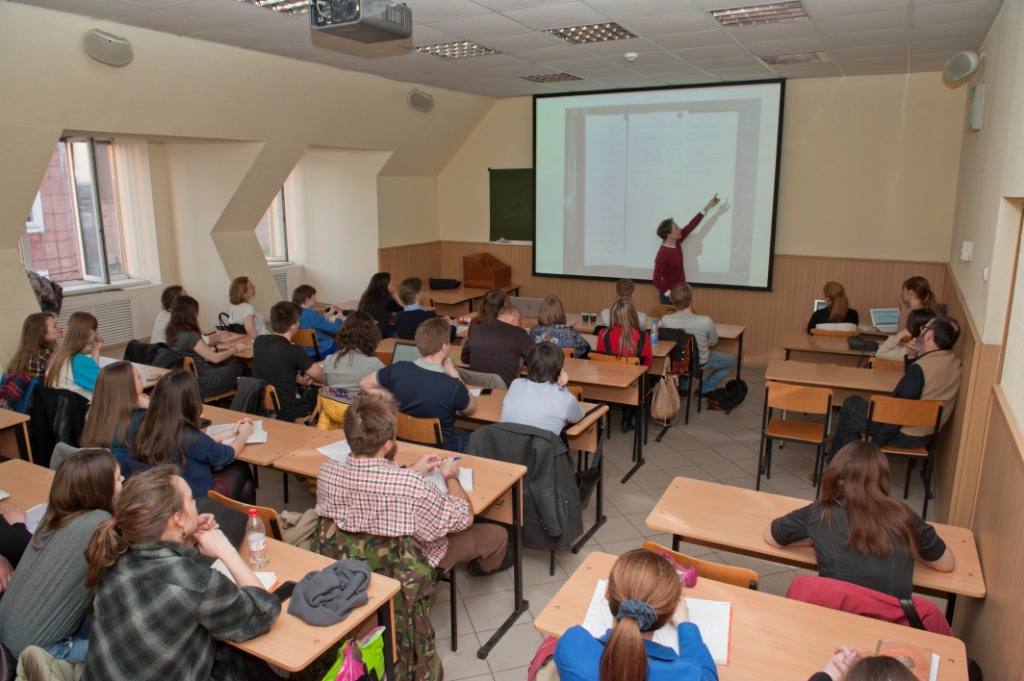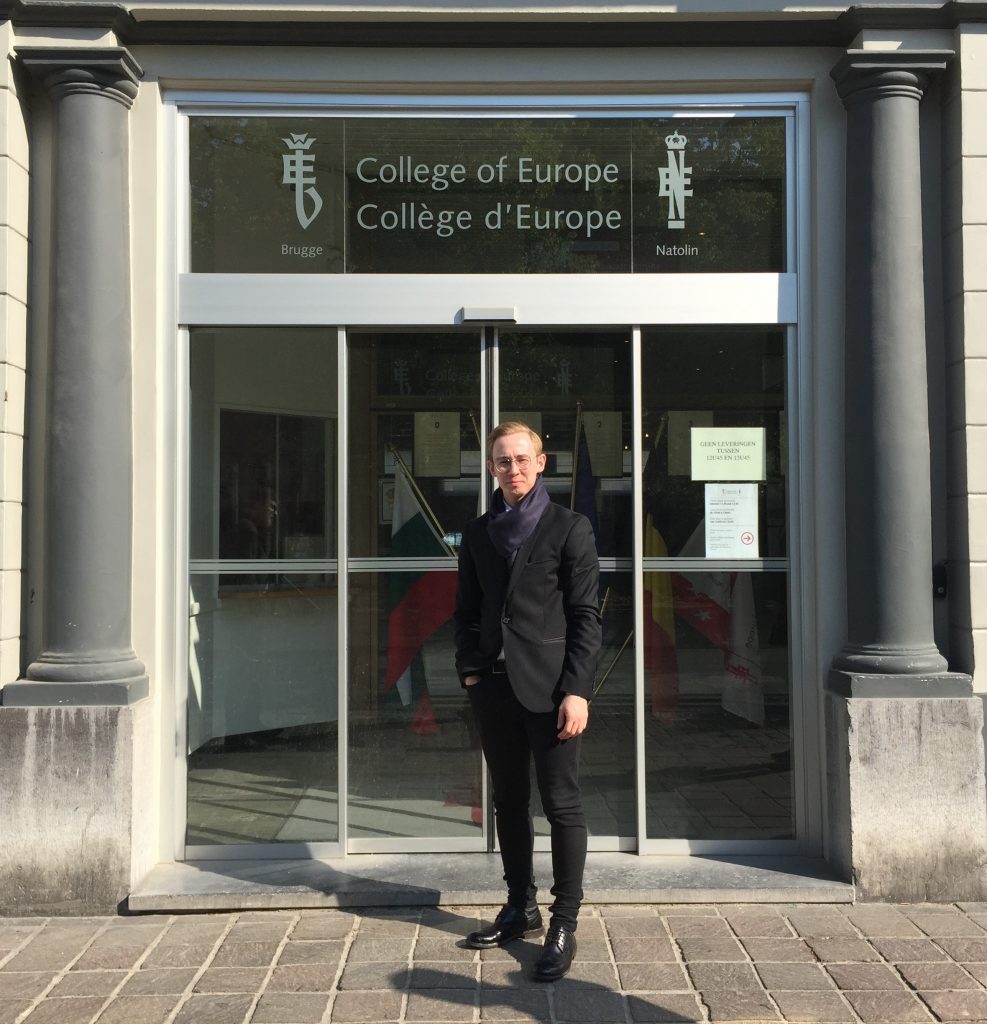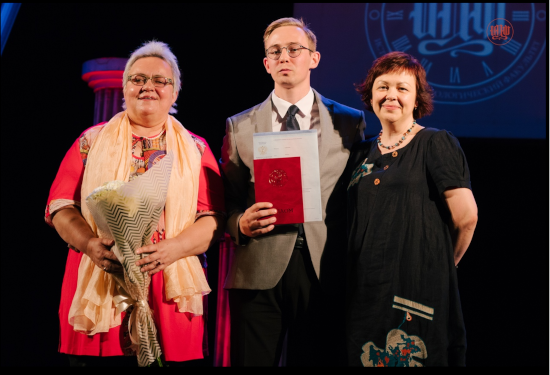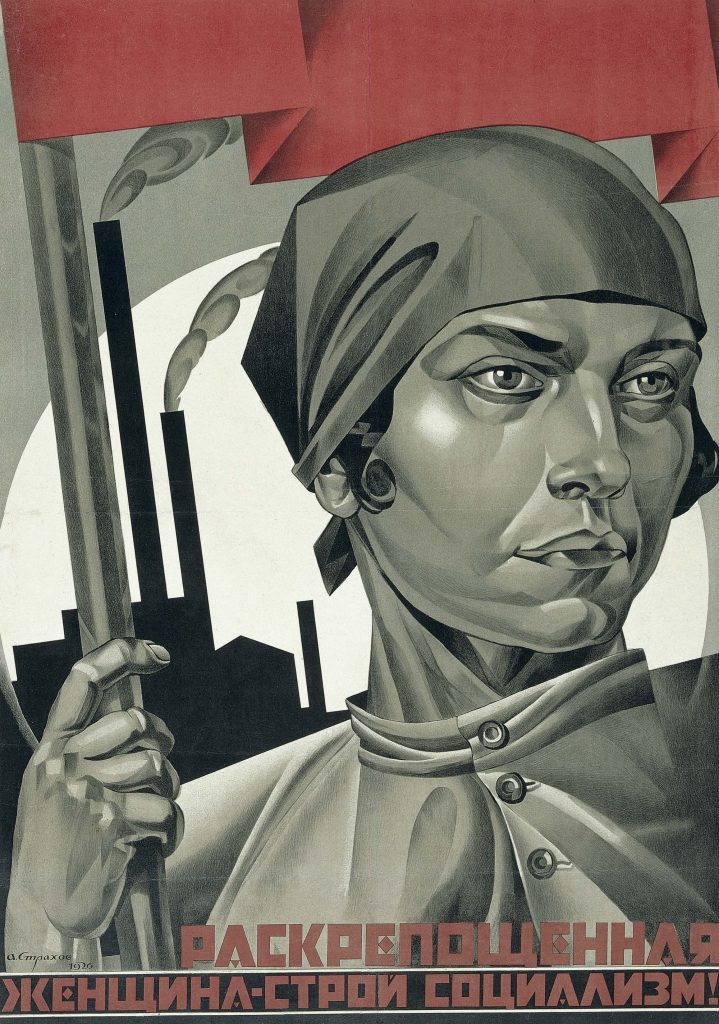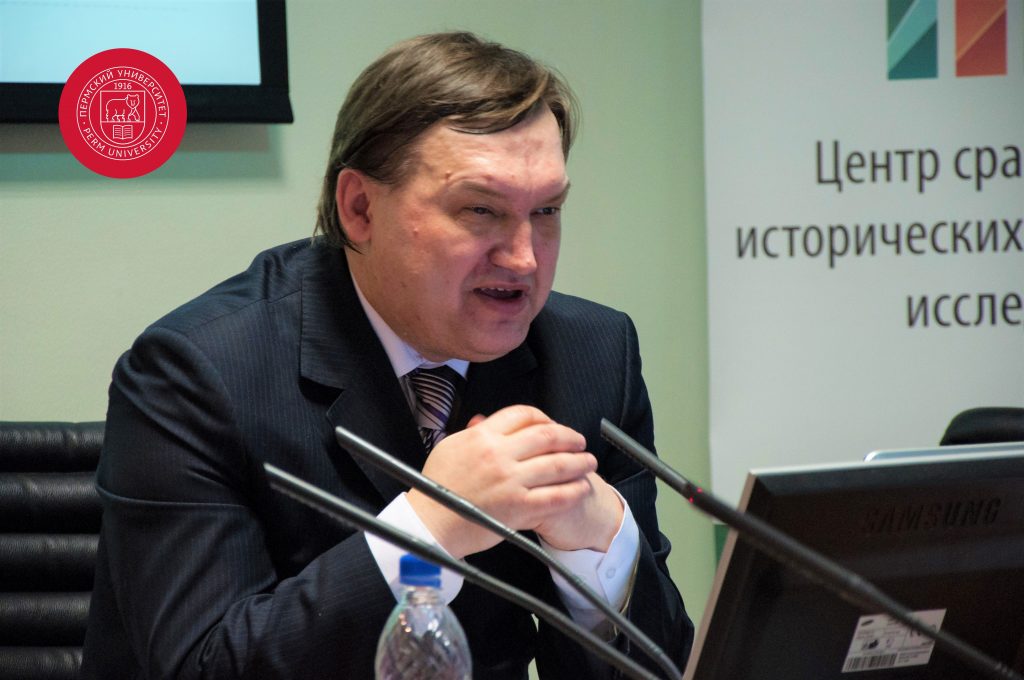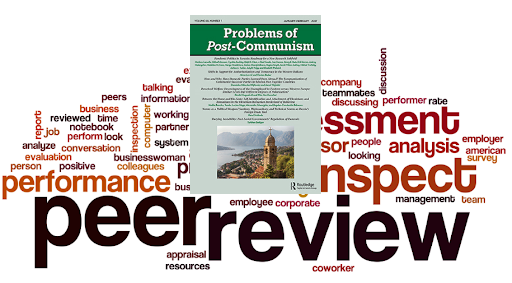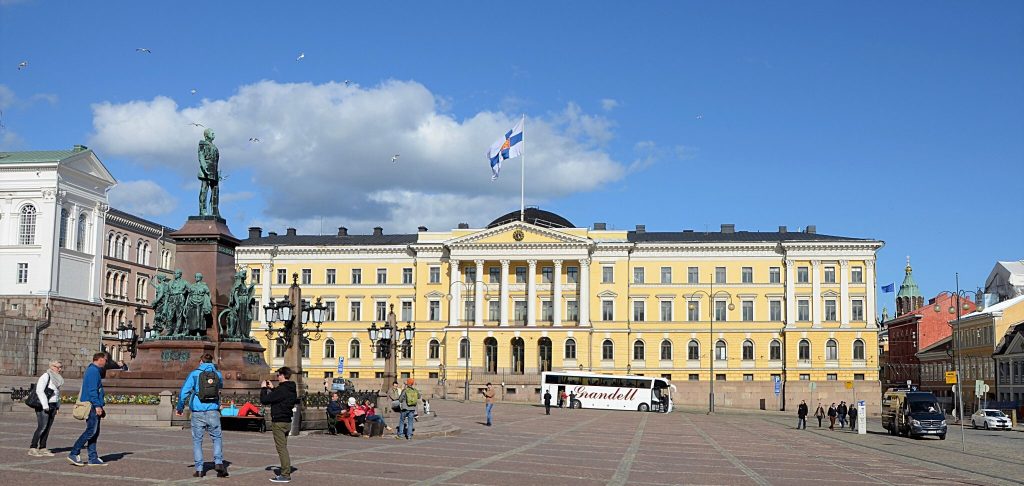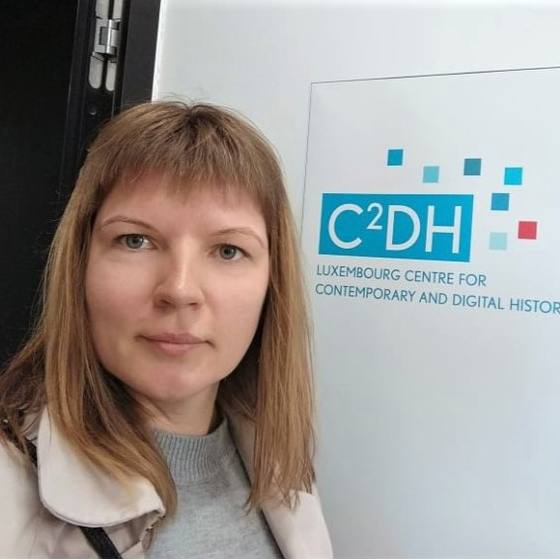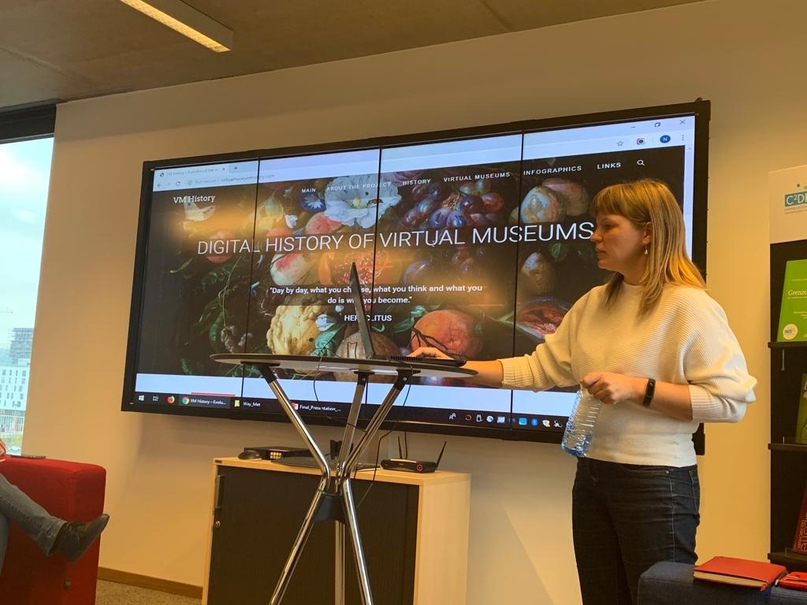PSU Students Win PolitPRpro’2023
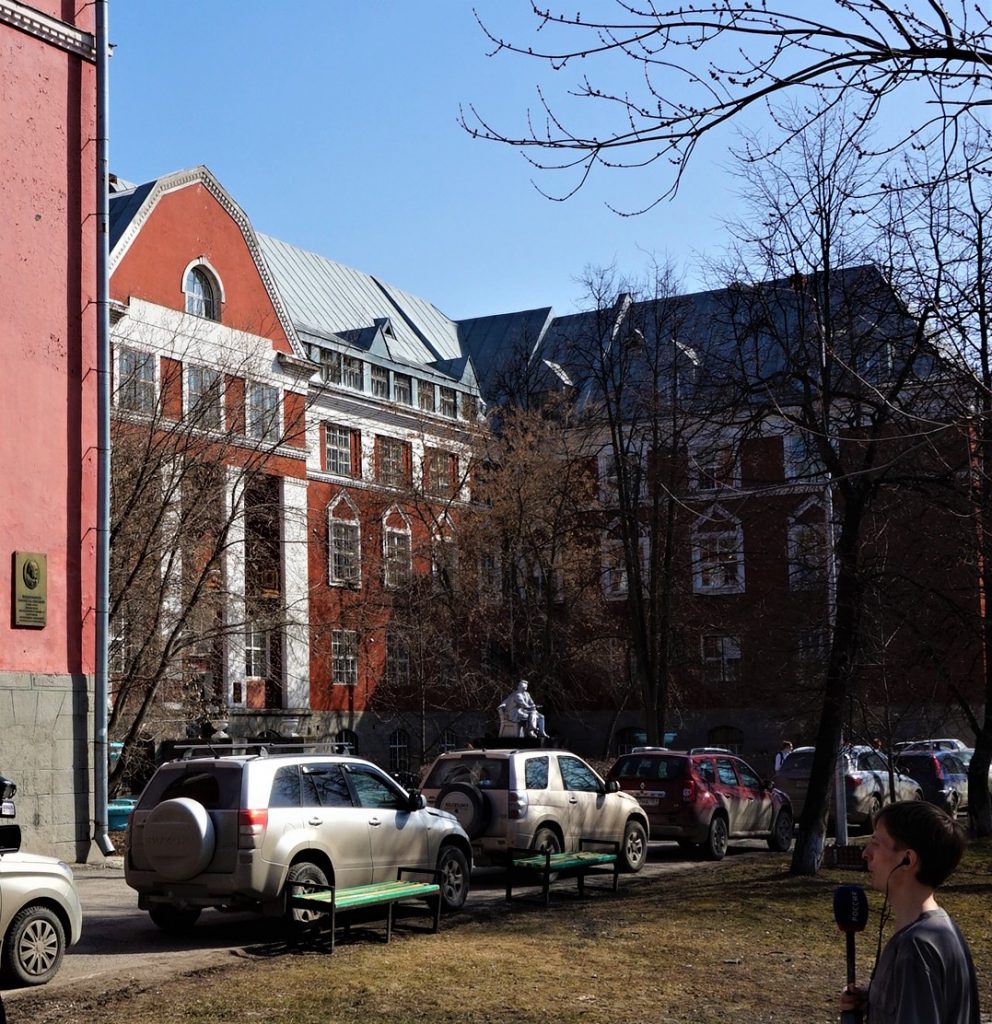
The Optimum Pareto team won the 14th PolitPRo International Student Competition in political communications (30-31 March, St. Petersburg, Russia). In the finals, the Pareto Optimum competed with student teams from the Higher School of Economics, Saint Petersburg State University and Volgograd State University. Upon the final contest, including the public debates, the Pareto Optimum were granted an internship placement at the Nikkolo M Agency for Strategic Communications.
The Pareto Optimum team consists of four female students in Political Science, International Relations and Public Administration, studying at the Faculty of History and Political Science, PSU.
“Everything was just brilliant, you could see it in the eye of the jury members during the last stage of competition – the debates. The team’s performance produced a dramatic heart-piercing effect by the arguments given. Following the task, the roles played were so intentionally cynical, that no one stayed indifferent. That speaks of the contestants as a strong, well-built and professional team,” says Igor Mintusov, chairman of the Competition Jury, founder and chairman of the board of directors at Niccolo M Agency for Strategic Communications, member of the Board of the Russian Association of Political Consultants.
The PolitPRpro is an international competition of student projects in political communications, where future professionals compete and communicate with masters and experts in the field of political consulting, PR and GR. The founder and organizer of the competition is the Institute “Higher School of Journalism and Mass Communications” at St. Petersburg State University.
“PolitPRpro has become a synonym for a real strength test. We did participate with no intention to prove something or amuse anyone. By reaching the finals, outperforming teams from the country’s leading universities, building our own brand, we have shown that politics can have a female face. We are thankful to the Faculty of History and Political Science at PSU, our coach Dmitry Korovin and our fellow Perm team POLITYFIX, whose support and help helped us win the finals,” says Valeria Yurtova, captain of the Optimum Pareto team.
In 2023, 135 teams from Russia and CIS countries took part in the Competition. The largest number of applications came from St. Petersburg, Moscow, Perm, Tomsk and Vladivostok. According to the results of the correspondence stage, nine teams went to the semi-finals of the competition, including two student teams from Perm – the Pareto Optimum and the POLITYFIX.
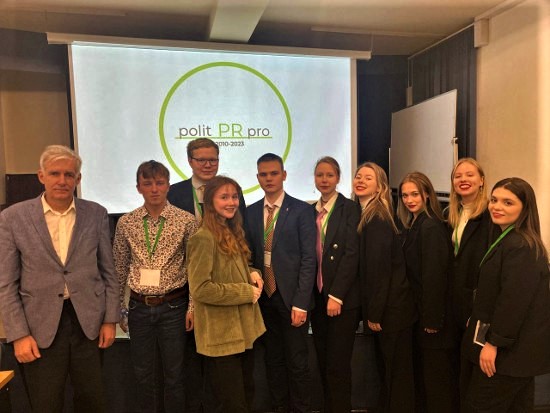
“Our participation in a competition of such a rank is surely an experience to be remembered for a lifetime. Although our team remained half a step away from the finals, at the end we did feel like real winners! We are very happy for our female team, they did deserve the victory achieved in the political technology tests. Being just freshmen, our team is ready to move on – setting more ambitious goals for ourselves,” admits Alexey Zenkov, captain of the POLITYFIX team.
Held at St. Petersburg State University, aimed at sustainable educational and professional interaction, the PolitPRpro is a platform that attracts students, experts, academic specialists and practicing professionals in political communications from all over Russia and abroad. The competition was initiated in 2010 by the Department of Public Relations in Politics and Public Administration of St. Petersburg State University. In 2019, the PolitPRpro was received a high praise by the expert community and became the winner of the XX International Communications PROBA Awards.
PolitPRpro‘s partners include the Russian Association of Political Consultants (RAPC) and the European Association of Political Consultants (EAPC). Since 2019, the competition has been held with the support of the Civic Chamber of the Russian Federation. The permanent general partner of PolitPRpro is the Niccolo M strategic communications agency.

